Vusamazulu Credo Mutwa, renowned traditional healer, author, artist and philosopher, has died at the age of ninety-eight.
Mutwa died at Kuruman Hospital in the Northern Cape hospital early on Wednesday, 25 March following a period of ill health, the Credo Mutwa Foundation said.
‘At the age of 98 his health has been fragile and he has been in and out of hospital during the recent past days,’ the foundation statement reads.
‘The foundation is requesting the nation to join the family in mourning and during this time we humbly request that the family be given the space to mourn.’
Much of Mutwa’s writing focused on African mythology and traditional Zulu folklore. He was the author of the books Indaba, My Children (1964), Let Not My Country Die (1986), Song of the Stars: Lore of the Zulu Shaman (1996), Zulu Shaman: Dreams, Prophesies and Mysteries (2003), and Woman of Four Paths: The Story of a Strange Black Woman in South Africa (2007). In 2011 a graphic novel adaptation of Indaba, My Children, titled MA: Book One of The Tree of Life Trilogy, was published by Mark McKeown and artist Andre Human.
In 2017, Mutwa was honoured with a Lifetime Achievement Award at the South African Literary Awards.
The award citation reads:
Vusamazulu Credo Mutwa’s contribution as a storyteller is largely ignored. His books, written since the 1960s until around 2007, are a major contribution to Africa and the world’s knowledge reservoir. He doesn’t just tell stories from observations but also brings in the element of being a seer into his books. His humble residence in the village of Magojaneng in Kuruman, Northern Cape is a destination for many visitors from here and abroad, which is indicative of him being a widely respected figure. Born on 21 July 1921 in KwaZulu-Natal, he is respected largely for his predictions of world events, including the destruction of New York’s World Trade Centre in 2001, the 1976 June 16 uprising, the plague of HIV, Chris Hani’s assassination, loadshedding and the ousting of President Thabo Mbeki.
Mutwa was born on 21 July 1921 in Zululand, Natal (now KwaZulu-Natal). His father had lost his first wife and a number of children in the so-called Spanish Flu epidemic of 1918, and was a widower with three surviving children when he married Mutwa’s mother in 1920. Mutwa’s father was a Christian, while his mother practised what Mutwa called the ancient religion of the Zulu people. Catholic missionaries and Mutwa’s mother’s father forbade the couple from marrying. When he was a year old, Mutwa was taken to live with his father’s family in the south of then-Natal, on the northern bank of the Umkumazi River, and three he spent the early years of his life.
Mutwa’s father was a builder, and his wife and the young Mutwa moved around a lot. In 1935 when Mutwa was fourteen the family moved to the Transvaal, and he attended school for the first time. Mutwa was artistically inclined from a young age, and his prophetic vision was recognised by his family. After falling ill in his teenage years, following an attack by a gang of men, he began to question his Christian beliefs and the power of Western medicine, and was initiated to become a sangoma, a path he writes about in Indaba, My Children. His father and stepmother did not approve, and Mutwa life took a peripatetic path through the nineteen-forties and fifties, beginning in Swaziland and Lesotho.
In 1975 Mutwa established a living museum, Kwa-Khaya Lendaba, in Soweto. Many people misunderstood his intentions and accused him of collaborating with the apartheid government and ‘glamorising the Soweto ghetto’. Part of the cultural village was burnt down during the 1976 Soweto Youth Uprising, and it was further damaged by fire during a workers’ strike in 1980. Mutwa left the area soon after, and developed a cultural village in Lotlamoreng, Mahikeng (then-Bophuthatswana).
Mutwa was revered for his predictions of major global events, including the destruction of the World Trade Centre in New York in 2001, the Marikana Massacre, the 1976 Soweto Youth Uprising, HIV, Chris Hani’s assassination, loadshedding and the ousting of President Thabo Mbeki.
At the time of his death, Mutwa was living with his third wife Virginia in Kuruman, where he ran a clinic for people with Aids.

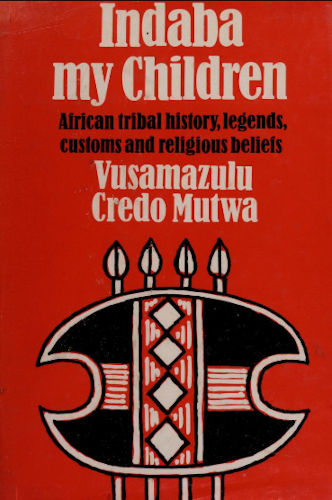
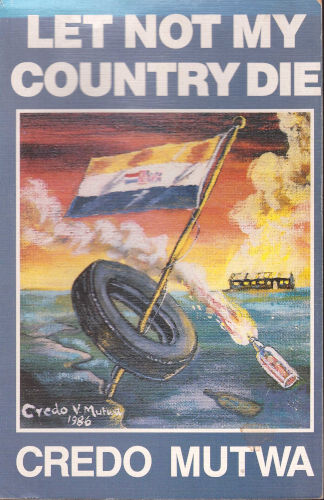
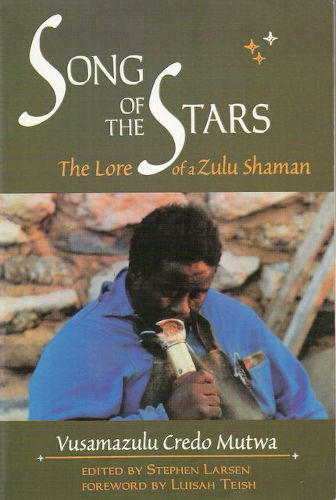
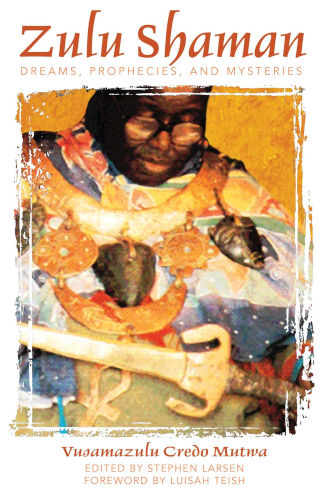
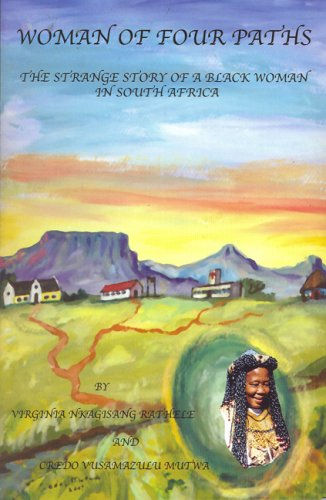
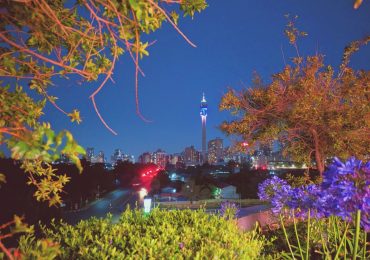
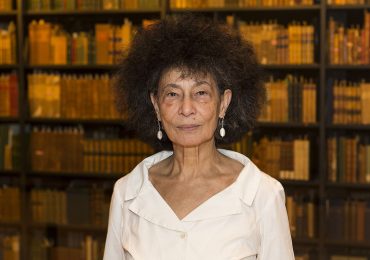
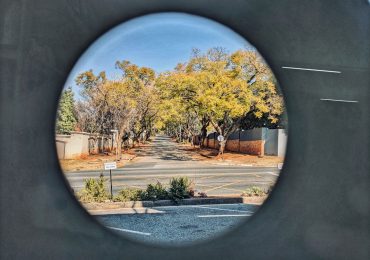

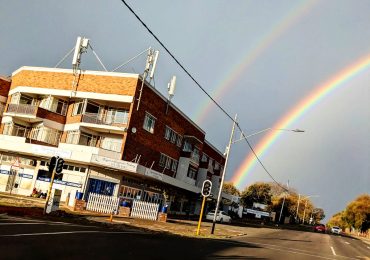
do u have all his books?